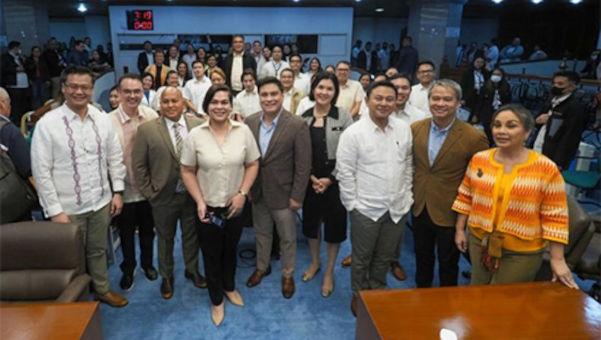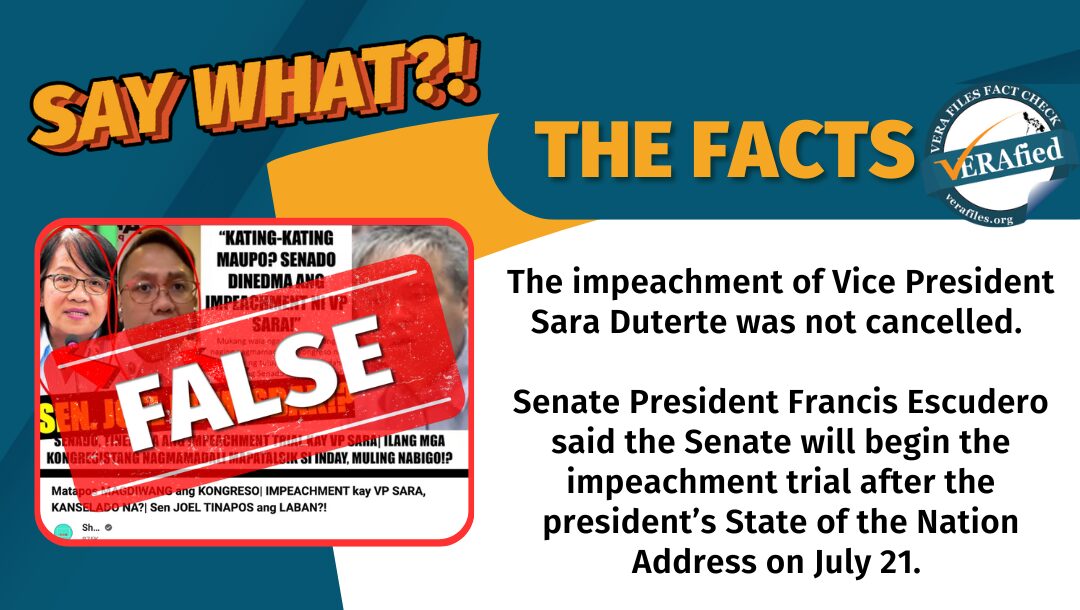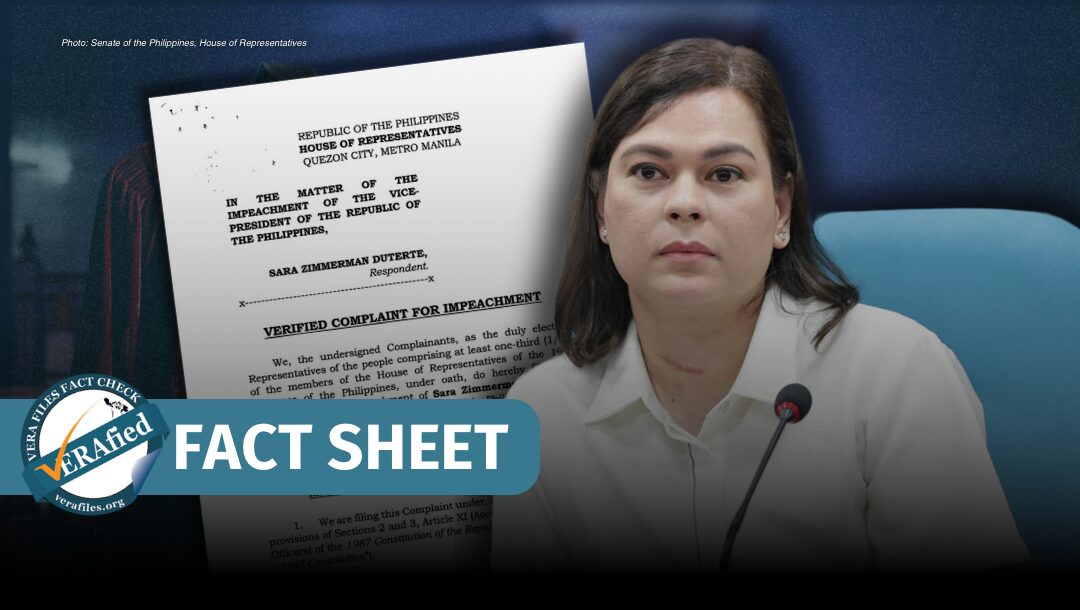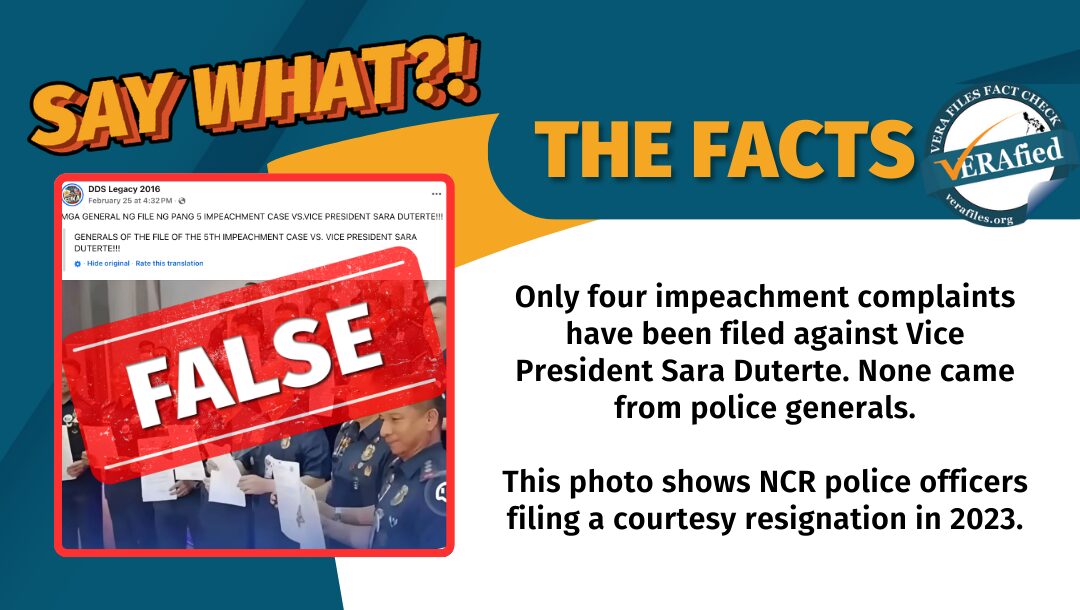When senators convene as an impeachment court on June 11 for the trial of Vice President Sara Duterte, they will be addressing one another as honorable, being distinguished members of an august body.
But do they deserve being called that? Can Congress still be considered a venerable institution worthy of being described as an august chamber?
Senate President Francis “Chiz” Escudero now appears to be the most criticized public official for moving the reading of the charges in the Articles of Impeachment from June 2 to June 11. Legal luminaries, academics, analysts and netizens have taken him to task for not convening the impeachment court soon after the House transmitted the Articles of Impeachment on Feb. 5, just hours after 215 congressmen signed a verified complaint against the vice president.
The Senate president, who is third in the line of succession to the presidency, was suspected of taking the side of the vice president by delaying, or even avoiding an impeachment trial for her.
When the regular session of Congress resumed on June 2, Sen. Francis Tolentino, majority leader and chairman of the committee on ethics and privileges, manifested in plenary that Duterte’s impeachment trial has no place in the 20th Congress, which will start its term on June 30 and convene on July 28.
He selectively used the law and precedents to confuse the people on the role of senators as legislators and as judges in impeachment proceedings.
And last week, we heard Sen. Ronald “Bato” Dela Rosa, chairman of the Committee on Public Order and Dangerous Drugs, admitting that a draft resolution seeking the dismissal of the impeachment complaint against Duterte came from his office.
What is clear in the statements of these senators, who are holding very powerful positions in the chamber, is that they selectively use the law to spare Sara Duterte from being held accountable for her misdeeds. They tolerate the absence of transparency in her use of confidential funds and other appropriations in the Office of the Vice President and the Department of Education, which she headed until June 2024.
Allies of the vice president are once again using their arrogance of numbers to prevent her from responding to the nagging questions about her spending priorities, depriving her of the opportunity to tell it to her critics’ face that there was nothing irregular or unauthorized in the spending of her office’s budget.
The statements and actions of a number of senators, particularly those on Duterte’s side, tend to undermine the Senate as a hallowed institution, given its important role in governance and lawmaking.
Congress is considered an august chamber to convey a sense of respect and reverence for the legislative body, as a place where elected representatives of the people deliberate on national issues and make decisions that affect the lives of citizens.
But listening to the arguments that are seemingly against the trial of the vice president, one cannot avoid thinking that the senators, who will sit as judges in the impeachment court, are not really for the interests of the people, as they have been promising while campaigning, but for their own political survival.
How can we consider people in positions of power to be honorable when they tolerate corruption, incompetence and do not uphold high ethical standards?
Although the vice president is perceived to have more than the required nine votes to acquit her in the impeachment trial, it is an important exercise in a democracy to allow the process of formally presenting the charges against her and giving her the opportunity to respond appropriately to the charges.
If the vice president will still refuse to address the accusations against her and insist that this exercise is nothing but political persecution, then she’d be wasting an opportunity to clear her name.
The arguments of the senators for her conviction or acquittal, if it will come to that at all, should give us guidance on who to vote for or reject in the 2028 elections. The trial is an opportunity for the senators to redeem the good reputation of the Senate and show that it is, after all, an august institution with honorable members.
The views in this column are those of the author and do not necessarily reflect the views of VERA Files.
This column also appeared in The Manila Times.






